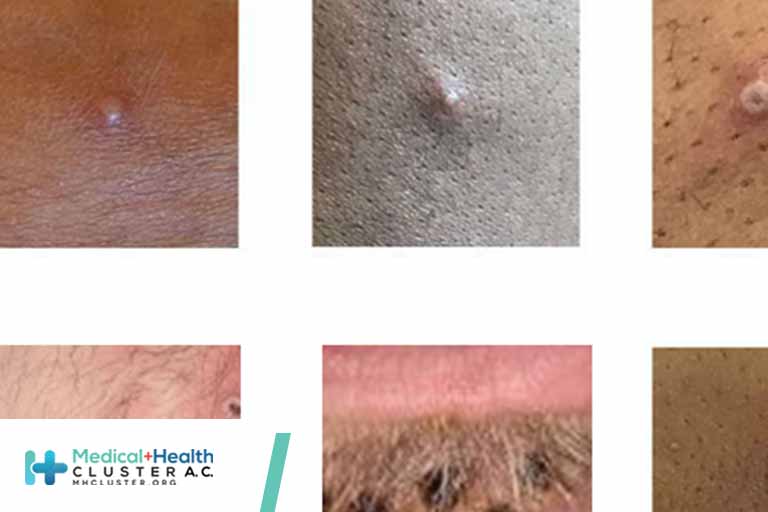En atención a la creciente preocupación sobre la confianza en...
Leer más
U.S. Monkeypox 2022: Situation Summary

Overview
Scientists at the Centers for Disease Control and Prevention (CDC) are tracking multiple cases of monkeypox that have been reported in several countries that don’t normally report monkeypox (view global map), including the United States. For travelers, see: Travel Health Notice for Monkeypox in Multiple Countries.
It’s not clear how the people were exposed to monkeypox, but early data suggest that gay, bisexual, and other men who have sex with men make up a high number of cases. However, anyone who has been in close contact with someone who has monkeypox is at risk.
To learn more about recommendations for those who may have had contact with monkeypox virus, visit Exposure Risk Assessment and Public Health Recommendations.
CDC is urging healthcare providers in the U.S. to be alert for patients who have rash illnesses consistent with monkeypox, regardless of whether they have travel or specific risk factors for monkeypox and regardless of gender or sexual orientation.
CDC is working with state and local health officials to identify people who may have been in contact with individuals who have tested positive for monkeypox, so they can monitor their health.
What You Should Do:
Anyone with a rash that looks like monkeypox should talk to their healthcare provider, even if they don’t think they had contact with someone who has monkeypox. People who may be at higher risk might include but are not limited to those who:
- Had contact with someone who had a rash that looks like monkeypox or someone who was diagnosed with confirmed or probable monkeypox
- Had skin-to-skin contact with someone in a social network experiencing monkeypox activity, this includes men who have sex with men who meet partners through an online website, digital application (“app”), or social event (e.g., a bar or party)
- Traveled outside the US to a country with confirmed cases of monkeypox or where monkeypox activity has been ongoing
- Had contact with a dead or live wild animal or exotic pet that exists only in Africa or used a product derived from such animals (e.g., game meat, creams, lotions, powders, etc.)
Créditos: Comité científico Covid




